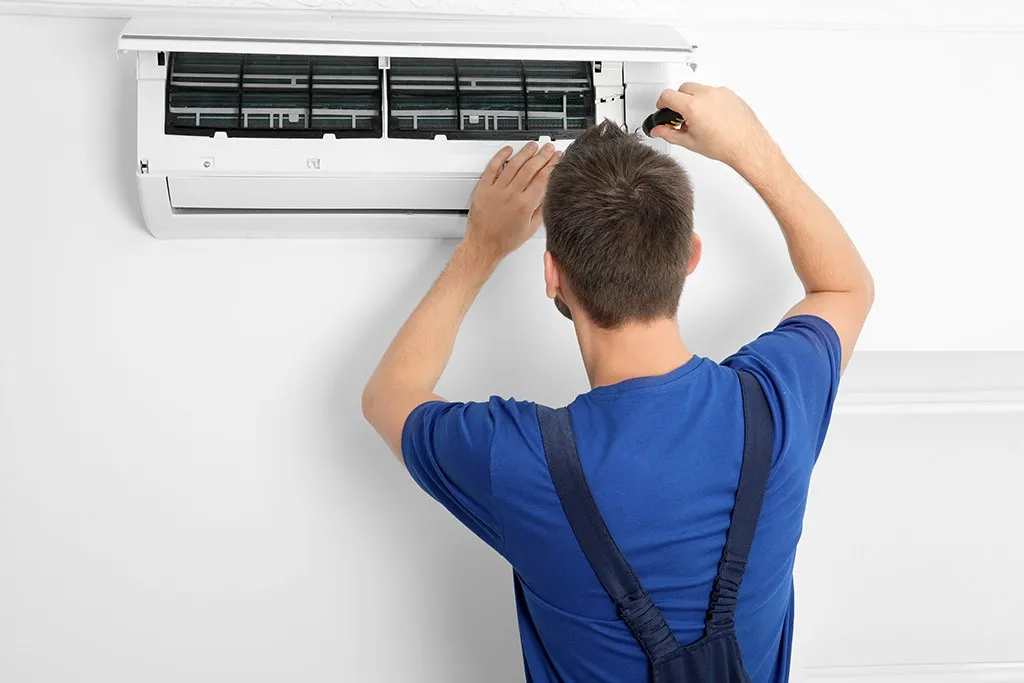Air conditioning (AC) has become an essential part of modern life, providing comfort and relief from extreme temperatures. However, the widespread use of AC units also contributes to environmental challenges such as energy consumption, greenhouse gas emissions, and the depletion of natural resources.
In this blog, we will explore how regular AC servicing plays a crucial role in minimizing the environmental impact of cooling systems. Contact an AC repair in Suwanee, GA .By adopting a sustainable approach to AC maintenance, we can not only reduce energy consumption but also preserve our planet for future generations.
Improved Energy Efficiency
One of the primary benefits of regular AC servicing is improved energy efficiency. Over time, AC units accumulate dust, debris, and pollutants, which hinder their performance and increase energy consumption. When the cooling system operates inefficiently, it requires more electricity to achieve the desired cooling effect.
This not only results in higher energy bills but also puts a strain on power grids and contributes to greenhouse gas emissions. During routine AC servicing, technicians clean or replace filters, check refrigerant levels, and inspect components to ensure optimal functionality.
These maintenance activities help the AC unit operate more efficiently, reducing energy consumption and subsequently lowering carbon emissions. By investing in regular servicing, individuals and businesses can save a significant amount of energy and contribute to a greener environment.
Extended Lifespan of AC Units
AC units are significant investments, both financially and environmentally. When an AC unit fails prematurely, it not only results in additional expenses for the owner but also contributes to increased electronic waste. Regular servicing, however, helps prolong the lifespan of AC units, minimizing their environmental impact. If you are still strugling to get your AC repaired, go for the best HVAC contractor in Roswell, GA.
During maintenance checks, technicians identify and address potential issues before they escalate into major problems. They clean coils, lubricate moving parts, and ensure all components are in proper working condition.
By catching and resolving problems early on, AC servicing helps prevent breakdowns and costly repairs, ultimately extending the lifespan of the unit. This not only reduces the overall carbon footprint associated with manufacturing new AC units but also conserves natural resources.
Refrigerant Management and Leak Prevention
Refrigerants used in AC systems, such as hydrochlorofluorocarbons (HCFCs) and chlorofluorocarbons (CFCs), have a significant impact on the environment. These substances are known to deplete the ozone layer and contribute to global warming. Regular AC servicing includes refrigerant management, which helps prevent leaks and ensures the proper handling of these harmful substances.
Technicians inspect AC units for refrigerant leaks and promptly repair any identified issues. Additionally, they handle refrigerant disposal in an environmentally responsible manner, adhering to regulations and guidelines.
By maintaining refrigerant levels and preventing leaks, AC servicing helps mitigate the release of harmful substances into the atmosphere, protecting both the ozone layer and the climate.
Optimal Indoor Air Quality
AC systems not only cool the air but also play a crucial role in maintaining indoor air quality. Without proper maintenance, AC units can become breeding grounds for mold, bacteria, and other allergens, which can negatively impact occupants’ health. Regular servicing helps ensure that the air circulated by the AC system is clean and healthy.
During maintenance visits, technicians clean and sanitize AC components, including filters and ducts, reducing the accumulation of dust, allergens, and pollutants. This improves indoor air quality and creates a healthier living or working environment. By promoting clean air circulation, AC servicing contributes to the well-being of individuals while reducing the reliance on additional air purification systems.
Conclusion
In conclusion, regular AC servicing plays a vital role in minimizing the environmental impact of cooling systems. By improving energy efficiency, extending the lifespan of AC units.



